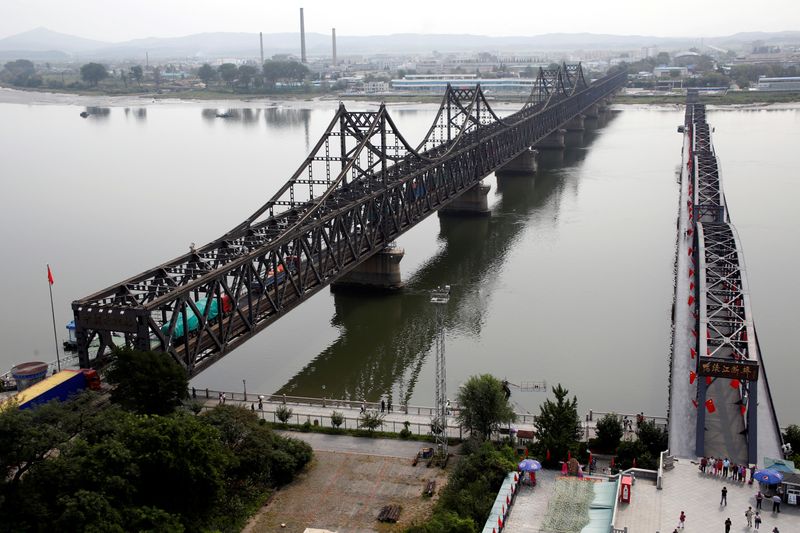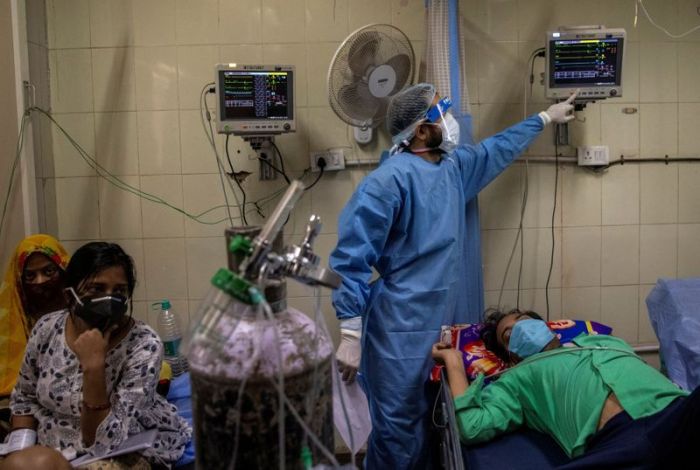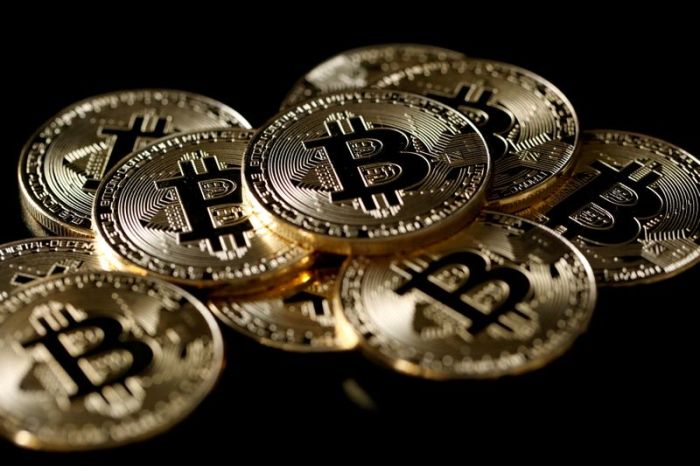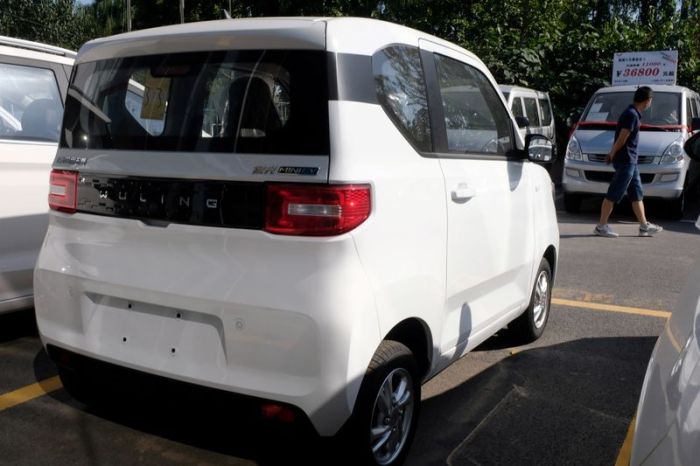BEIJING (Reuters) – China’s exports to North Korea in March rose to a six-month high, with outbound shipments to its neighbour that month nearly 400 times more than January-February combined, in a sign of easing border restrictions imposed due to COVID-19.
North Korea banned almost all cross-border travel early last year, and some countries including Britain, France and Germany withdrew their local representatives.
In recent weeks, however, there have been growing signs that North Korea may be easing its border restrictions.
An increased number of ships travelled to and from China, and North Korea is building disinfection facilities, including at an airport near its border, according to reports by NK Pro, a website that tracks North Korea.
“Overall, indicators strongly suggest North Korea is preparing for a resumption of cargo movement in and out of the country,” said NK Pro Managing Director Chad O’Carroll.
“This will provide much needed reprieve for farmers needing fertiliser, factories requiring foreign inputs, and citizens who have gone by for months without import-basics like vegetable oil, cocoa and coffee,” O’Carroll said.
China exported $12.978 million of goods to North Korea in March, up from $3,000 in February and $33,000 in the first two months, Chinese customs data released on Sunday showed.
The shipments in March were the highest by value since $18.882 million in September last year.
China imported $1.308 million of North Korean goods in March compared with $1.75 million in February.
Last week, Russia’s ambassador to North Korea, Alexander Matsegora said international aid has been stuck in warehouses on the Chinese side of the border, but North Korea’s “large disinfection complexes” would likely be completed by the end of April, with the flow of goods expected to be restored soon after.
Given the long anticipated quarantine process on inbound imports, it is unlikely that items such as fresh fruits, dairy or meat – items which are all favourites among the Pyongyang elite – can be imported any time soon, O’Carroll said.
“The primary import focus is likely to be medicines, fertiliser, and construction materials,” he said.
(Reporting by Ryan Woo and Lusha Zhang in Beijing, and Josh Smith in Seoul; Editing by Jacqueline Wong)

























